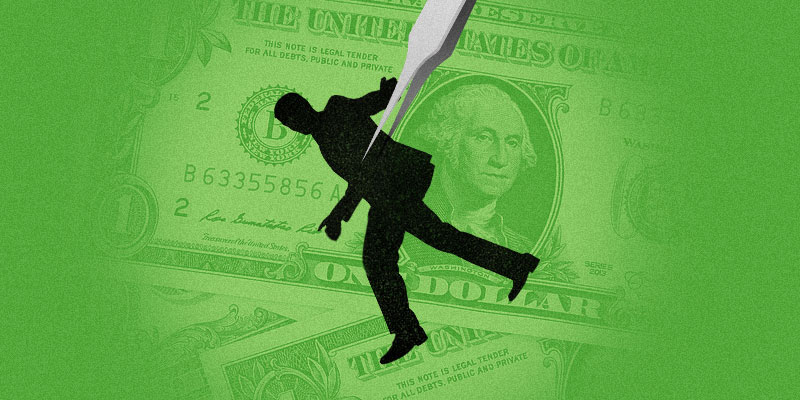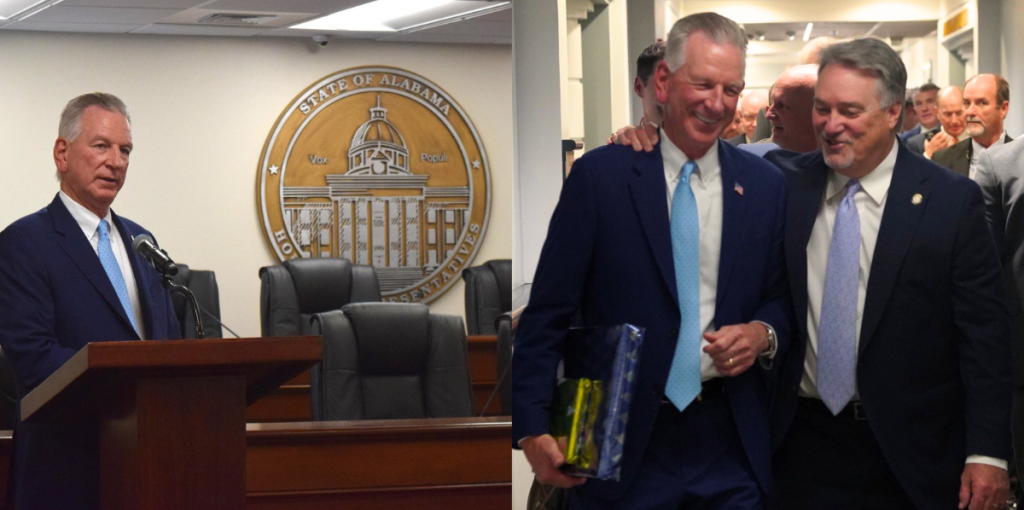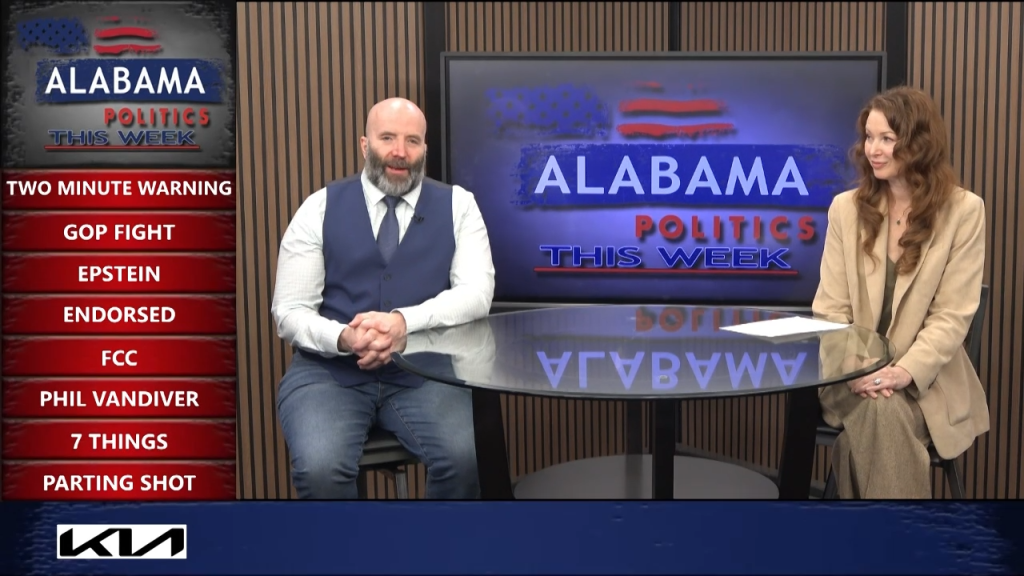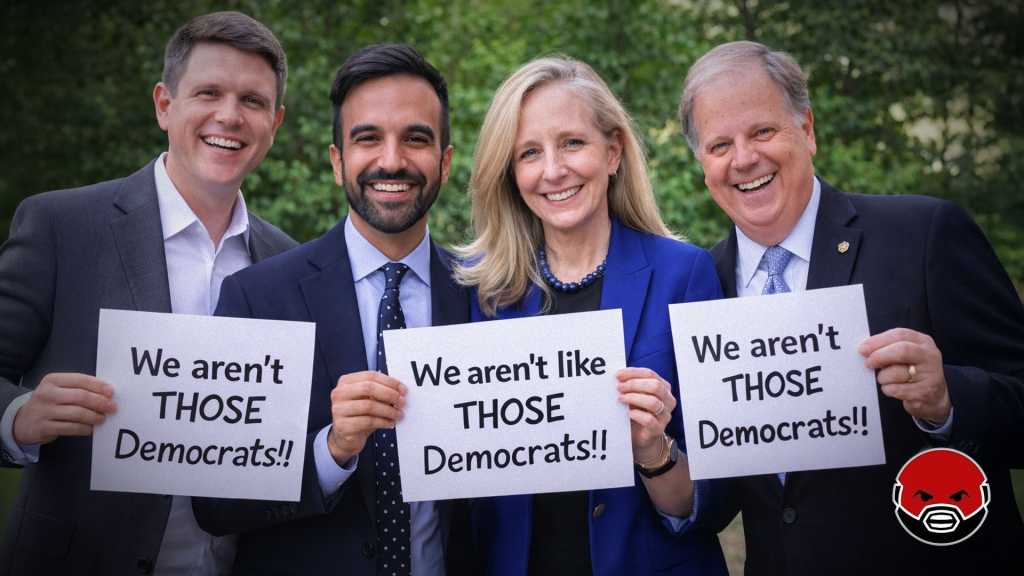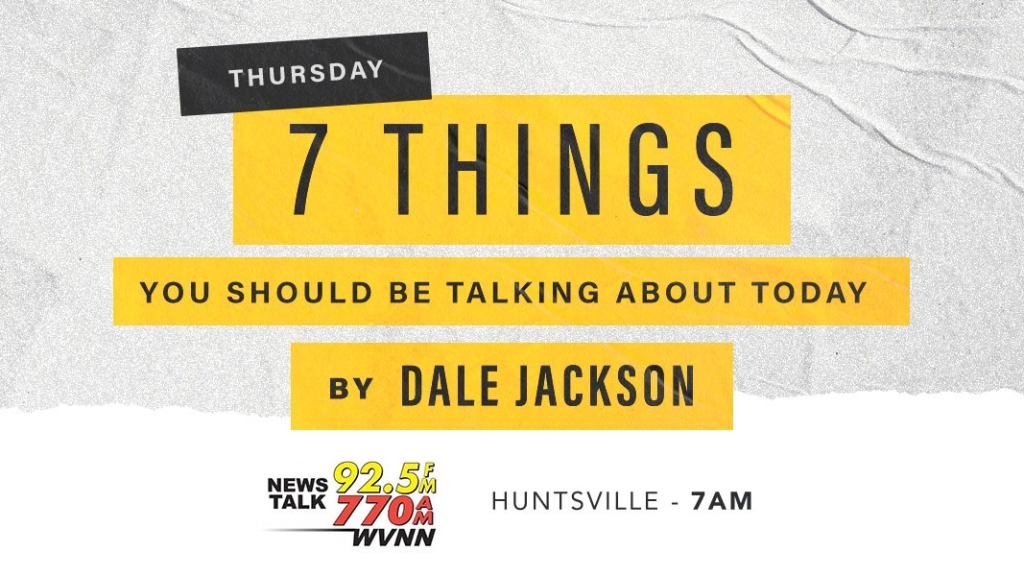Income taxes were just due, and I hope that filing this year wasn’t too painful. Despite the Internal Revenue Service’s (IRS) fearsome reputation, our tax system relies extensively on voluntary compliance. Tax Day thus reminds us why it is important for Americans to believe that our government serves our interests, an impression which seems endangered today.
It may seem odd to think that we voluntarily pay taxes. Few Americans fill out tax forms for fun, and many pay professionals to avoid the stress. We file because the IRS makes us, right? Well, yes and no.
Filing a tax return is legally required, which is the yes part. But what are the consequences of filing a less than truthful return? An IRS audit could reveal your tax evasion or underpayment of taxes. But the likelihood of an audit is less than you probably think: half of one percent of individual income tax returns annually. Audit rates differ based on a taxpayer’s reported amount and nature of income. The IRS examines (their euphemism for audit) only one in five hundred taxpayers making less than $200,000 with no business income.
More than just our individual income tax system relies on voluntary compliance. About one percent of corporate income tax returns are audited, and the sales tax relies on retailers accurately reporting sales. Environmental, workplace safety, and other government regulations depend on accurate reporting of information by businesses.
Voluntarily paying taxes improves our standard of living. The cost of auditing even a quarter of tax returns would be staggering: a huge increase in IRS agents, and enormous monetary, time, and emotional costs for taxpayers. Social science research suggests that treating people like lawbreakers can undermine respect for the law. If so, then having the IRS audit more taxpayers might conceivably increase tax avoidance, especially if some ways to hide or shelter income always exist.
We pay taxes voluntarily because they fund activities we want government to perform. The American Revolution established that in America, government would serve citizens. By contrast, throughout most of human history, people served kings or emperors.
Libertarians like to say that taxes are theft, and this contains a kernel of truth. Ultimately armed federal agents will seize property for unpaid taxes; armed robbers similarly take property, and injure owners if they resist. Taxes are not theft because, and only because, we approve of what government does with our money. Not each and every dollar spent, obviously, but the package as a whole.
Many Americans express a willingness to pay taxes. In 2017, 88 percent of Comprehensive Taxpayer Attitude Survey respondents agreed that cheating on taxes was not acceptable, while 95 percent agreed that paying taxes is a civic duty. Americans seemingly accept that taxes are the price we pay for civilization.
Today perhaps more than ever, however, Americans seem to view government as out of control. President Trump’s campaign promise to “Drain the Swamp” seemed to resonate with millions of Americans. (Whether the President is engaged in swamp draining is a different question.) Many young Bernie Sanders voters also seemed alienated from mainstream politicians. Such attitudes bode ill for a system based on voluntary compliance.
To be fair, perceptions of a disconnect with government are hardly new. Thomas Jefferson viewed his election victory over John Adams in 1800 as a second American revolution, which implies that President Adams was emulating Britain’s King George III. The student protests and urban riots of the 1960s left some political scientists wondering if America was ungovernable. Ronald Reagan claimed that Washington was the problem, not the solution. Conservatives’ concern today about a liberal deep state conspiracy against President Trump may just be old wine in new bottles.
Taxes are not theft because we believe that government ultimately serves us. Tax Day reminds us that if Americans stop believing that government reflects our values and interests, our tax system will no longer function as it has. And the resulting changes will almost certainly be for the worse.
Daniel Sutter is the Charles G. Koch Professor of Economics with the Manuel H. Johnson Center for Political Economy at Troy University.




